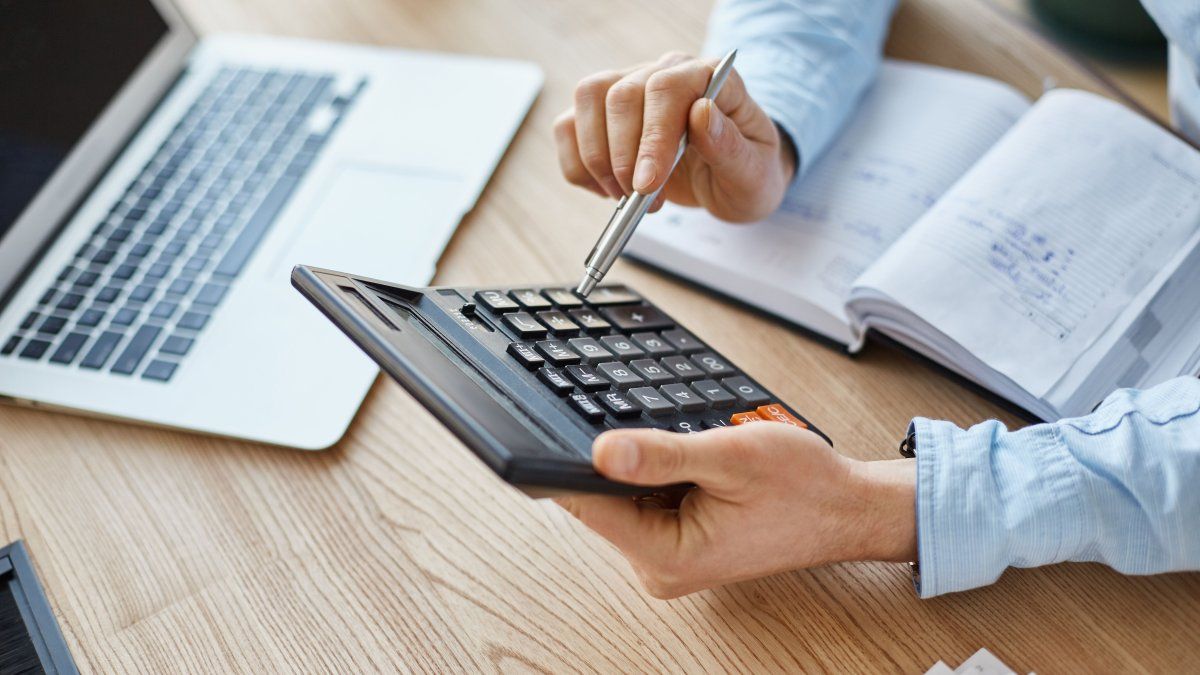The financial analyst Claudio Zuchovicki, One of the most respected figures in the economic field, shared his vision on inflation and the future of money laundering. For the expert, inflation expectations of around 4% for August should be taken with caution.
Regarding money laundering, Zuchovicki said that its success will depend on who benefits and what it is used for, clarifying that it will not be a tax-raising measure like the one in 2017, but that could generate a boost in economic activity.
“It will not be a tax collection like in 2017, but it can generate economic mobility,” he said. In this regard, he explained that many people who bought dollars on the parallel market will be able to launder those funds, which will allow them to access assets such as properties through loans, since they will have the income duly justified.
He also pointed out that those who worked abroad and accumulated dollars without exchanging them at the official exchange rate will also benefit from the money laundering, which will help to boost the economy. “It will boost the economy,” concluded Zuchovicki, confident in the potential of this measure to inject movement into various sectors of the market.
He explained that unforeseen factors, such as adverse weather conditions, could lead to inflation rising slightly, but stressed the importance of managing anxiety and understanding that economic processes take time.You have to manage anxiety and know that things take time and their process.“he said, stressing that the fluctuations should not be interpreted as structural failures, but as part of economic normality.
Other definitions left by Zuchovicki
For Zuchovicki, “two or three days of high dollar volatility are coming”
Claudio Zuchovicki points out that, although inflation requires patience and inevitable adjustments, money laundering has the potential to boost the economy.
Zuchovicki also criticized the past perception of prices in the Argentine economy, pointing out that “society realized that we were living in a very wrong way, in terms of setting prices, but not achieving them.” This recognition of the mismatch between official prices and market reality has been a learning experience for the population, he said in an interview with El Observador.
Regarding the current situation, the analyst explained that many evaluations of the economy depend on the comparison framework. For him, those who perceive an improvement do so by comparing themselves with a very negative recent past: “Many say that things are less bad than they were three months ago.”
But he also noted that there were months of high consumption as people rushed to buy to protect themselves from inflation, creating inflated demand that is now starting to normalize. “You compare with months of exaggerated consumption that was not normal,” he added, suggesting that fairer comparisons will come over time as they are measured against months of more subdued economic activity.
Regarding the economic adjustment facing Argentina, Zuchovicki was clear in saying that, although unpopular, it was an inevitable measure: “The adjustment is neither good nor bad, it is the least bad thing in Argentina’s situation.” In his opinion, the country was in a critical situation, on the verge of hyperinflation, and the adjustment was the only viable option to avoid a greater collapse. He acknowledged that the measures have collateral effects, but emphasized that not taking them would have been worse.
Source: Ambito
I am a 24-year-old writer and journalist who has been working in the news industry for the past two years. I write primarily about market news, so if you’re looking for insights into what’s going on in the stock market or economic indicators, you’ve come to the right place. I also dabble in writing articles on lifestyle trends and pop culture news.




